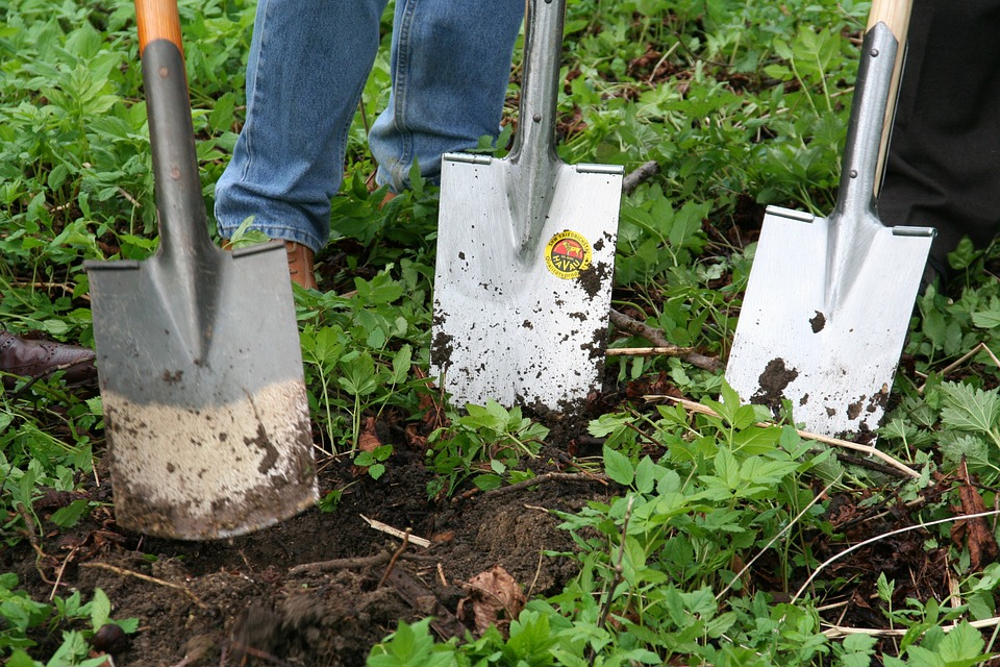
My Agricultural Grandparents
It is not uncommon for farmers to talk about the influence their grandparents had on their farming education and their eventual success in agriculture. I am no different. But my story comes with a unique twist. My paternal grandfather, Leander Walter Townsend Coleman, was born in 1868 but was not a farmer. Unfortunately for my farming career, the Coleman family association with farming on the family land had ended three generations before Leander’s birth. So the grandparents I am about to acknowledge are not related to me by blood.
April 28, 2016 | Source: Slow Money | by Eliot Coleman
It is not uncommon for farmers to talk about the influence their grandparents had on their farming education and their eventual success in agriculture. I am no different. But my story comes with a unique twist. My paternal grandfather, Leander Walter Townsend Coleman, was born in 1868 but was not a farmer. Unfortunately for my farming career, the Coleman family association with farming on the family land had ended three generations before Leander’s birth. So the grandparents I am about to acknowledge are not related to me by blood. And, although they are long deceased like Leander, they still reside on my farm and I consult them on a daily basis. My grandparents in farming are old books and the people who wrote them. They live on the shelves in my library and I am as indebted to them as I would be to a blood relative. I call them grandparents because all these books were published during Leander’s lifetime. The farming techniques they convey were understood when he was born, were practiced during the early years of his life, and were as successful then as they are now.
I became acquainted with my agricultural grandparents shortly after starting my farming career. I have a passion for learning where ideas originate and how they develop, so I spent long evenings in the dusty agricultural stacks of many libraries. Dogged research into old periodicals and old books slowly gave me access to more and more of these delightful predecessors and their writings. These literary grandparents introduced me to the age-old truths of agriculture. They gave me insight into how successfully and how rationally food was produced before modern agricultural science started to tell us that it couldn’t be done that way. These grandparents prepared me both practically and philosophically for the world of farming I was about to enter.
One of the first I got to know was Stephen Alfred Forbes, once head of the Illinois State Lab of Natural History. In 1880, he published a pamphlet entitled On Some Interactions of Organisms. Forbes provided me with philosophical assurance that the solution to agricultural problems is not difficult. It simply involves learning how natural systems work so that we will know how to cooperate with natural forces rather than attempting to ignore them or control them with chemicals.
